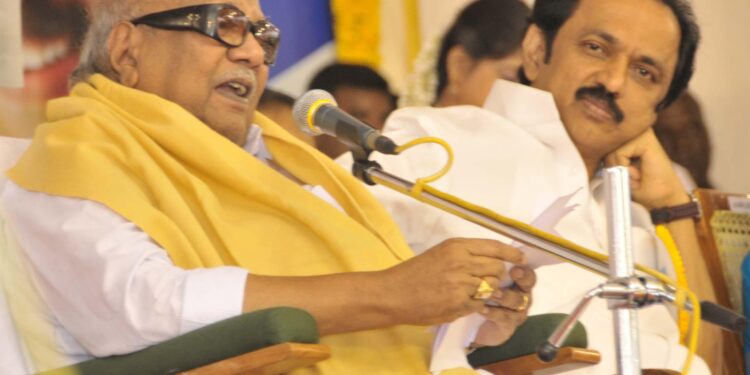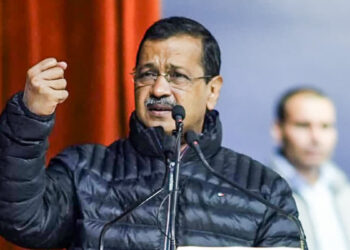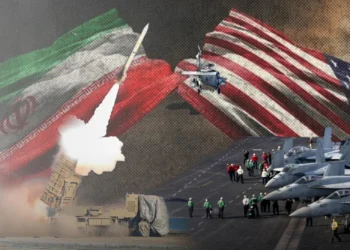In the vibrant tapestry of Indian politics, few leaders have captured national and international attention as decisively as Muthuvel Karunanidhi Stalin, the Chief Minister of Tamil Nadu. Widely regarded as India’s most powerful and dynamic state leader in 2025, M.K. Stalin has redefined governance through progressive policies, economic foresight, and an unwavering commitment to Tamil Nadu’s cultural and economic aspirations. As the head of one of India’s most industrialized and culturally rich states, Stalin’s leadership offers a compelling case study in balancing regional pride with global ambitions, making him a figure of interest for readers worldwide.
A Legacy Rooted in Dravidian Ideals
Born on March 1, 1953, M.K. Stalin is the son of the legendary M. Karunanidhi, a five-time Chief Minister and the patriarch of the Dravida Munnetra Kazhagam (DMK), a party synonymous with Tamil Nadu’s socio-political identity. Stalin’s political journey began in 1967, progressing through roles as a youth wing leader, MLA, mayor, and deputy chief minister before ascending to the state’s top office in 2021. His rise was not merely a product of dynastic politics but a testament to his grassroots connection, strategic acumen, and resilience, including enduring arrest during the 1976 Emergency under the Maintenance of Internal Security Act (MISA).Stalin’s leadership is anchored in the DMK’s Dravidian model, which emphasizes social justice, linguistic pride, and equitable development. In 2025, this model has positioned Tamil Nadu as a beacon of progress within India’s complex federal landscape, earning Stalin accolades as the “undisputed stalwart” of Indian politics among supporters.
Economic Vision: A Trillion-Dollar Dream
Under Stalin’s stewardship, Tamil Nadu has emerged as an economic powerhouse, significantly contributing to India’s GDP. His ambitious goal of transforming the state into a $1 trillion economy by 2030 has garnered global attention, particularly through high-profile foreign direct investment (FDI) initiatives. In 2024, Stalin’s visit to the United States secured substantial investments, including a landmark deal with Ford, which had previously exited India but is now returning to Tamil Nadu, signaling confidence in the state’s business ecosystem.
In June 2025, Stalin unveiled three World Bank-funded projects worth $409.79 million, focusing on women’s empowerment, the blue economy, and sustainable development. His call for lower interest rates on development loans underscores his advocacy for equitable global financial partnerships. These efforts have cemented Tamil Nadu’s reputation as a hub for innovation, with Chennai hosting the World Bank’s second-largest global business center, serving 130 countries.
Championing Tamil Heritage
Stalin’s leadership extends beyond economics to a fierce defense of Tamil Nadu’s cultural and historical legacy. The ongoing controversy over the Keezhadi archaeological site, which dates Tamil civilization to the 6th century BCE, has seen Stalin challenge the central government’s reluctance to acknowledge its findings. Accusing the Bharatiya Janata Party (BJP) and Rashtriya Swayamsevak Sangh (RSS) of attempting to “erase” Tamil history, Stalin has positioned himself as a guardian of regional identity against perceived cultural homogenization.
His government’s initiatives, such as the ‘Tamizhodu Vilayadu’ (Play with Tamil) program and the Chennai Book Park, promote the Tamil language and literature, fostering cultural pride among the youth.
Navigating Federal Tensions
Stalin’s tenure has not been without challenges, particularly in navigating India’s federal structure. His vocal criticism of the BJP-led central government’s policies, including the withholding of education funds and the controversial three-language policy, reflects his commitment to state autonomy. In May 2025, Stalin vowed to approach the Supreme Court over the central government’s decision to halt over ₹2,150 crore in education funds, accusing it of engaging in “petty politics.”His opposition to the central government’s stance on governors’ powers has further amplified his role as a defender of federalism. Stalin’s call for a united legal challenge with other non-BJP states underscores his strategic approach to countering perceived overreach by New Delhi.
Social Welfare and Inclusive Growth
Stalin’s governance is marked by a focus on inclusive development. The ‘Nalam Kakkum Stalin’ initiative, set to launch in 2025, will provide free health check-ups and disability certificates through 1,256 medical camps, reinforcing Tamil Nadu’s robust public health infrastructure. Since 2021, Stalin’s administration has invested heavily in education, housing, and urban development, with projects worth over ₹1,320 crore inaugurated in May 2025 alone.His advocacy for the poor, exemplified by his intervention in the Reserve Bank of India’s gold loan regulations, highlights his sensitivity to the socio-economic realities of Tamil Nadu’s populace, where gold holds cultural and financial significance.
A Global Perspective
Stalin’s international outlook is evident in his condemnation of geopolitical conflicts, such as Israel’s strikes on Iran in June 2025, where he called for restraint and diplomacy. His support for DMK MP Kanimozhi’s Operation Sindoor outreach, which promoted India’s anti-terrorism stance globally, reflects his engagement with global security issues.
Challenges and Criticism
Despite his achievements, Stalin faces criticism from opposition parties like the All India Anna Dravida Munnetra Kazhagam (AIADMK), which accuses him of “daydreaming” about electoral success in 2026. Tensions with Tamil Nadu’s Governor R.N. Ravi, particularly over the Kalaignar University Bill, highlight ongoing friction between the state and central appointees.
A Leader for the Future
As Tamil Nadu gears up for the 2026 assembly elections, Stalin’s vision, resilience, and ability to bridge regional aspirations with global opportunities position him as a formidable leader. His blend of cultural advocacy, economic ambition, and social welfare initiatives has not only elevated Tamil Nadu’s global profile but also set a benchmark for state governance in India.
For global readers, M.K. Stalin represents a unique model of leadership—one that fiercely protects regional identity while embracing the demands of a globalized world. As he continues to shape Tamil Nadu’s trajectory, the world watches a leader who embodies resilience and progress.
Disclaimer: This article draws on recent developments and public discourse to provide an international perspective on M.K. Stalin’s leadership.





































